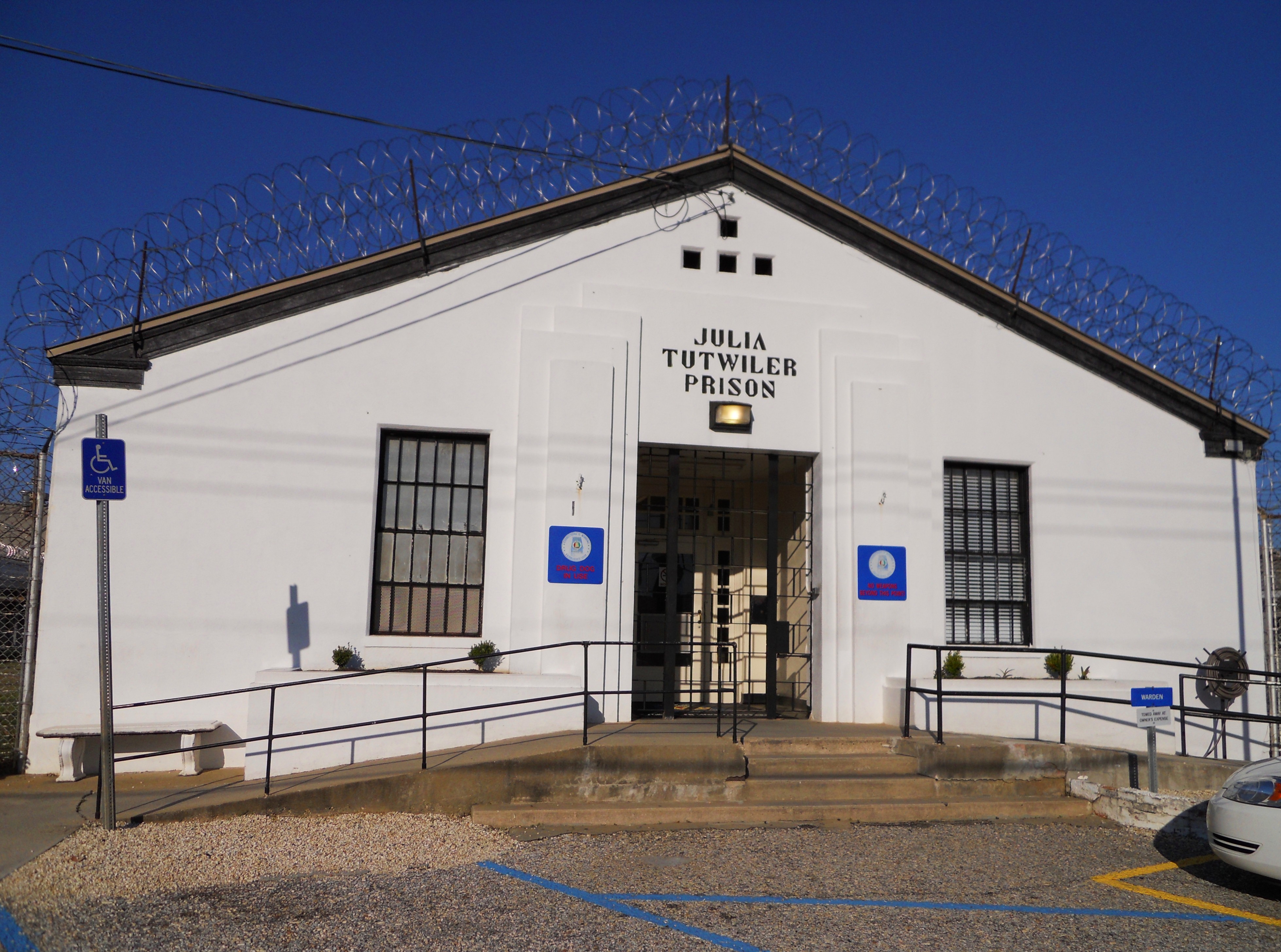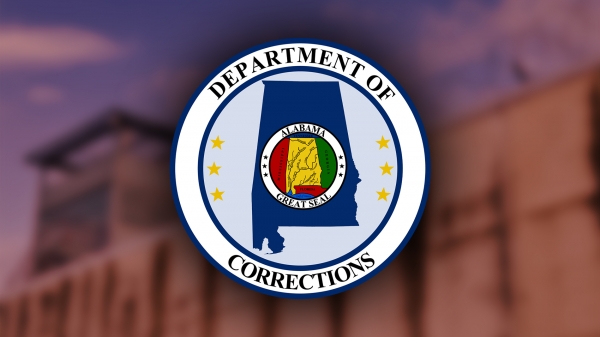|
Getting your Trinity Audio player ready...
|
The Alabama Department of Corrections (ADOC) announced on Thursday the arrest of Laquentin Brantley, a Correctional Sergeant at the Julia Tutwiler Prison for Women, on charges of custodial sexual misconduct. The arrest was carried out by the ADOC Law Enforcement Services Division (LESD) with assistance from the U.S. Marshals Service Task Force. Authorities executed the arrest warrant at Brantley’s residence in Montgomery, leading to his detention without incident and subsequent transfer to Elmore County Jail. As the investigation continues, Brantley has been placed on mandatory leave, with the possibility of additional charges.
The Julia Tutwiler Prison for Women, located in Wetumpka, Alabama, has a complex and controversial history. Established in 1942, and named after prison reform advocate Julia Strudwick Tutwiler, the facility has become notorious for issues that starkly contrast with Tutwiler’s vision of humane treatment for incarcerated women. Over the years, the prison has faced criticism for overcrowded conditions, inadequate medical and mental health care, and persistent allegations of abuse, including sexual misconduct by staff.
In 2014, a U.S. Department of Justice investigation highlighted a “history of unabated staff-on-prisoner sexual abuse and harassment” at Tutwiler. The investigation’s findings revealed widespread sexual coercion and misconduct, drawing national attention and calls for reform. This report compelled the ADOC to implement reforms aimed at improving oversight and safety measures within Tutwiler and other state correctional facilities.
Under Alabama law, custodial sexual misconduct is a serious criminal charge, applicable when correctional staff engage in any form of sexual activity with inmates. The law prohibits any sexual contact between staff and incarcerated individuals, recognizing the inherent power imbalance and the vulnerability of inmates. The legislation seeks to protect those in custody from exploitation and underscores the need for accountability within correctional institutions.
In recent years, the ADOC has worked to enhance its response to allegations of misconduct through increased oversight and partnerships with law enforcement agencies, such as the U.S. Marshals. These efforts aim to strengthen accountability and ensure the safety of those in Alabama’s correctional system.




















































